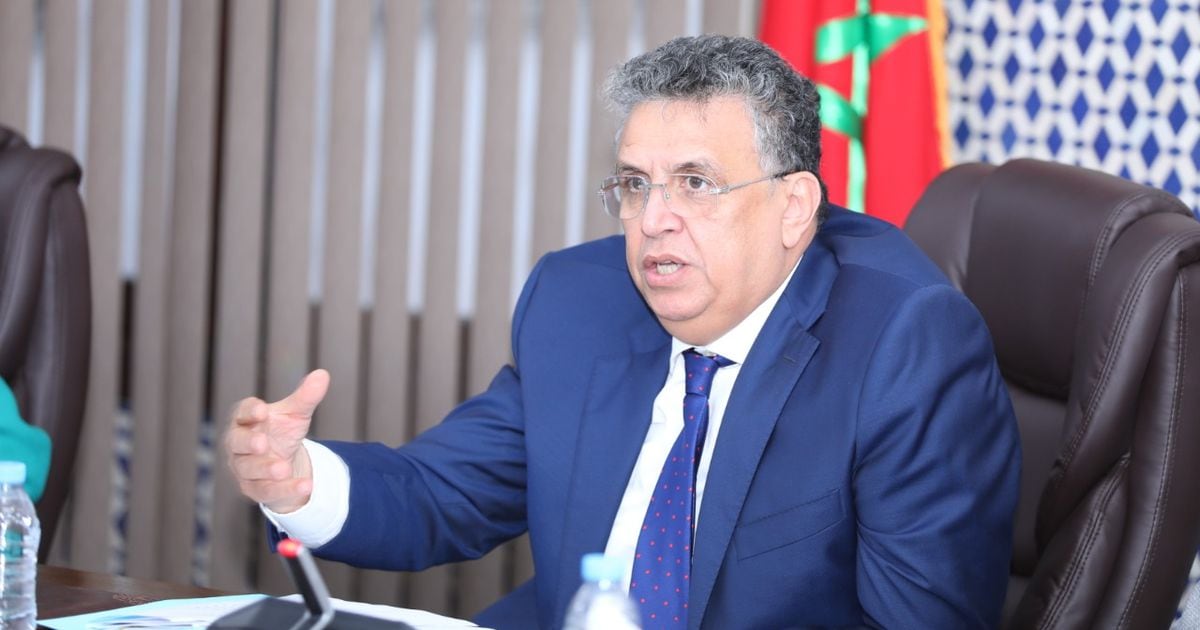A strike by CDT-affiliated registry offices and weeks of protests have paralyzed several jurisdictions in the kingdom. These civil servants are protesting against what they call “bypassing” the results obtained during sectoral dialogues on the profession, reports Al Akhbar from Friday, May 24.
They condemn the absence of a clear position of the respective departments of the ministries on the obligation assumed in the preliminary draft of the basic statute of the court registry profession. The strikers formulate several demands, especially the legal and material recognition of the secretariat-registrar and the improvement of the professional and material position of the registers.
An official of the National Judicial Union (CDT) emphasizes that “the ministry’s rejection of any proposed amendment by the Ministry of Economy and Finance and the Ministry of Civil Service does not respond to the legitimate demands of this corporation“.
And the trade unionist explained that “the basic status relatively meets the expectations of the registers. It is considered, at the very least, compensation for what the registries suffered in terms of marginalization and exclusion during all reform processes of the justice system. However, they made and continue to make great efforts to reform the judiciary in order to implement the digital court project“.
The same source points out that the refusal of the Ministry of Economy and Finance to sign the decree on the increase of the special account, citing incredible explanations, is aimed at the managers and officials of the registry office.
The justice minister, Abdellatif Ouahbi, tried to defuse union anger after a two-day national strike last April. The strikers protested against the non-application of the basic statute, which was the subject of an agreement with the supervising ministry.
The meeting held by Abdellatif Ouahbi with the secretary general of the ministry and the director of human resources resulted in the formation of a government commission composed of the ministries of justice, economy and finance and trade unions to review the status of transplants and determine their financial cost.
